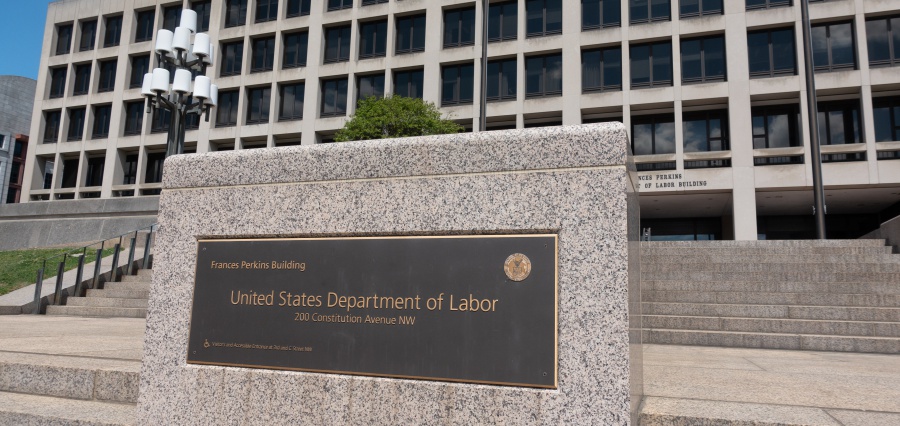Wall Street is on edge as the U.S. Labor Department prepares to release the August jobs report on Friday, a crucial update that could influence the Federal Reserve’s next interest rate decision. Economists are forecasting a rise of 161,000 in nonfarm payrolls, with the unemployment rate expected to dip slightly to 4.2%. However, revisions to previous data have raised concerns that job creation may be slowing, increasing the likelihood of softer labor market growth.
A cooling labor market has intensified speculation that the Federal Reserve may consider lowering interest rates at its meeting in mid-September. If the jobs report shows significant weakness, the Fed could opt for a more aggressive rate cut to prevent further economic deterioration.
“The labor market has cooled faster than expected, which is why Friday’s report is so important,” said Giacomo Santangelo, economist at Monster. “The Federal Reserve’s response, particularly regarding interest rates, is the key question.”
July’s jobs report, which added only 114,000 new payrolls, had already sparked concerns that the Fed’s current rate policy might be overly restrictive. Moreover, private-sector job growth for August, as reported by ADP, came in at just 99,000—its weakest performance since January 2021. This continued labor market slowdown is heightening fears that the Federal Reserve’s reluctance to ease rates could tip the economy into recession.
“If the Fed remains too aggressive for too long, the risk of a recession grows significantly,” Santangelo cautioned. “Should that happen, the blame will likely fall squarely on the Fed.”
Market watchers are currently pricing in at least a quarter-point rate cut at the Federal Reserve’s upcoming meeting, with a possibility of a half-point reduction. Interest rate futures are also indicating potential cuts totaling up to 2.25 percentage points by 2025, signaling long-term concern over economic growth.
Despite overall labor market weakness, some sectors, such as healthcare, continue to show strong demand. However, a persistent mismatch between the skills required for new jobs and the qualifications of laid-off workers remains a challenge.
As investors await the August jobs report, the data will play a decisive role in determining whether the Federal Reserve takes more aggressive measures to stabilize the economy and ward off a potential recession.
Read More: Click Here





